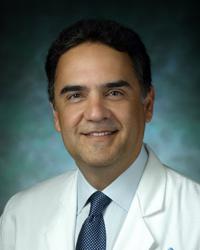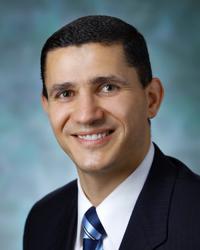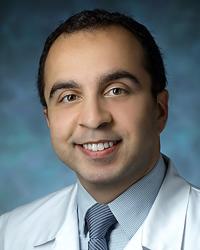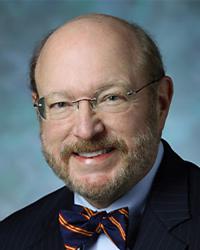-
Ashley Behrens, MD

- Chief, Division of Comprehensive Ophthalmology
- Associate Professor of Ophthalmology
Expertise: Cornea and External Diseases, Comprehensive Ophthalmology
-
Yassine Daoud, MD

- Chair of Ophthalmology. Johns Hopkins Howard County Medical Center
- Associate Professor of Ophthalmology
Expertise: Cornea and External Diseases
-
Samuel Chi-Hung Yiu, MD PhD

- Associate Professor of Ophthalmology
Expertise: Cornea and External Diseases
Laser Vision Correction
The Wilmer Eye Institute has been performing laser vision correction since the early 1990's. We have performed thousands of surgeries and continue to be at the forefront of laser vision correction. Wilmer developed some of the earliest lasers for vision care and pioneered laser removal of corneal scars and laser treatment for corneal diseases.
We continue to participate in clinical trials for approvals of new, advanced excimer laser software and technology and are committed to developing the next generation of laser vision correction procedures.
Laser Vision Correction Components
There are four components in laser vision correction:
- Evaluation: All evaluations include in-depth testing with the VISX Wavescan Wavefront™System.
- Laser procedure: We have multiple laser procedures available.
* IntraLase™ Blade-less CustomVue Laser Vision Correction with VISX STAR S4 IR
* Excimer Laser
* Advanced surface treatment, PRK, Epi-LASIK/LASEK, PTK CustomVue Laser Vision Correction with VISX STAR S4 IR™
* Refractive Lens Exchange using ReSTOR, TECNIS, AcrySof Toric and other intraocular lenses
* Visian Implantable Collamer Lenses (ICLs) -
Post-operative check-up: Post-operative check-ups occur within two years of your original laser vision correction procedure.
-
Enhancements: Enhancements are performed up to two years after your original laser vision correction procedure.
The first step is to have an evaluation that can determine which of these procedures is the best for you.
Request an Appointment
410-955-5080
Director, Laser Vision Correction
Isa Sayyeed Karim Mohammed, MD
Isa Sayyeed Karim Mohammed specializes in cornea, cataract and refractive surgery. He performs complex cataract surgery, corneal transplantation (penetrating keratoplasty, deep anterior lamellar keratoplasty, and descemet stripping automated endothelial keratoplasty and descemet membrane endothelial keratoplasty) and the entire range of refractive surgery, including laser-assisted in situ keratomileusis, photorefractive keratectomy and implantable collamer lenses surgery.

Shameema Sikder, MD

- L. Douglas Lee and Barbara Levinson-Lee Professorship of Ophthalmology
- Associate Professor of Ophthalmology
Expertise: Cornea and External Diseases
-
Yassine Daoud, MD

- Chair of Ophthalmology. Johns Hopkins Howard County Medical Center
- Associate Professor of Ophthalmology
Expertise: Cornea and External Diseases
-
Isa Sayyeed Karim Mohammed, MD

- Assistant Professor of Ophthalmology
Expertise: Cornea and External Diseases
-
Yassine Daoud, MD

- Chair of Ophthalmology. Johns Hopkins Howard County Medical Center
- Associate Professor of Ophthalmology
Expertise: Cornea and External Diseases
-
Irene C. Kuo, MD

- Clinic Director, Wilmer Eye Institute - White Marsh
- Associate Professor of Ophthalmology
Expertise: Cornea and External Diseases
-
Isa Sayyeed Karim Mohammed, MD

- Assistant Professor of Ophthalmology
Expertise: Cornea and External Diseases
Irene C. Kuo, MD

- Clinic Director, Wilmer Eye Institute - White Marsh
- Associate Professor of Ophthalmology
Expertise: Cornea and External Diseases
Isa Sayyeed Karim Mohammed, MD

Expertise: Cornea and External Diseases
Primary Location: Johns Hopkins Health Care & Surgery Center - Green Spring Station, Lutherville, Lutherville, MD



